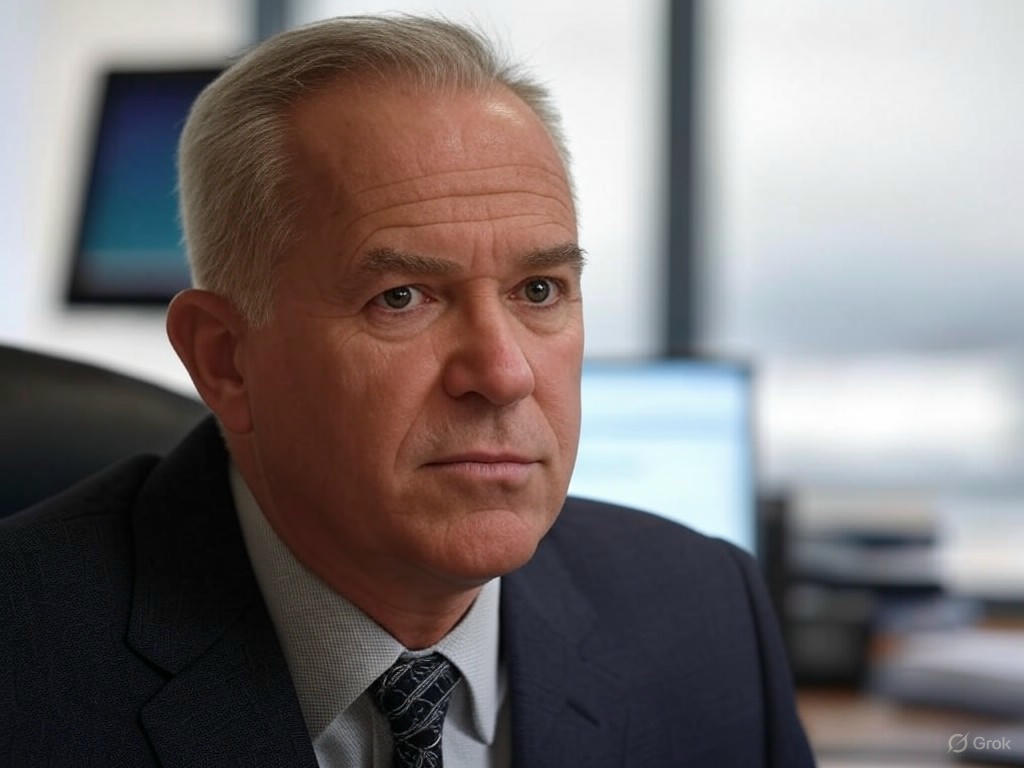Navigating Uncertainty: Dr. Jay Butler’s Departure from CDC Sparks Health Policy Debate
In a move that has sent ripples through the public health community, Dr. Jay Butler, Alaska’s former chief medical officer, has stepped down from his prominent role at the Centers for Disease Control and Prevention (CDC). His resignation comes at a time when the federal agency is grappling with internal challenges and external scrutiny, particularly under the policies of the second Trump administration. While Dr. Butler has remained tight-lipped about the specific reasons behind his exit, his subtle critiques of recent public health strategies have ignited discussions about the direction of national health policy.
Dr. Butler’s tenure at the CDC was marked by his deep expertise and commitment to evidence-based decision-making, qualities he honed during his years serving Alaska’s diverse and often remote communities. His work in the state focused on addressing unique health challenges, from infectious disease outbreaks to improving access to care in underserved regions. His transition to a national role at the CDC was seen as a natural progression for a leader with a proven track record. However, the current climate at the agency, characterized by reported tensions over policy priorities and public messaging, appears to have influenced his decision to step away. Insiders suggest that disagreements over how science intersects with political agendas may have played a role, though Dr. Butler has chosen not to elaborate publicly.
The timing of his departure raises broader questions about the state of public health leadership in the United States. The CDC, long regarded as a cornerstone of global health expertise, has faced criticism in recent years for perceived inconsistencies in its guidance and communication. Under the latest administration, some decisions have drawn ire from health professionals who argue that political considerations have overshadowed scientific consensus. Dr. Butler’s exit, though not explicitly tied to a single policy or event, underscores the challenges faced by career scientists navigating a polarized environment. His critiques, though measured, hint at a disconnect between the agency’s mission and the directives shaping its actions.
As the public health landscape continues to evolve, Dr. Butler’s resignation serves as a reminder of the delicate balance between science and governance. His departure leaves a void at the CDC, prompting speculation about who will step into such a critical role during these turbulent times. For many in Alaska and beyond, his legacy as a dedicated advocate for health equity remains a guiding light. Meanwhile, the broader implications of his exit call for reflection on how to protect the integrity of public health institutions amid competing interests.
Looking ahead, the focus must shift to rebuilding trust in agencies like the CDC. Dr. Butler’s story is not just about one individual’s choice but a signal of the urgent need for clarity, transparency, and unwavering commitment to science in shaping the nation’s health policies. As debates continue, the hope is that leaders will prioritize the well-being of communities over partisan divides, ensuring that public health remains a unifying force for good.


